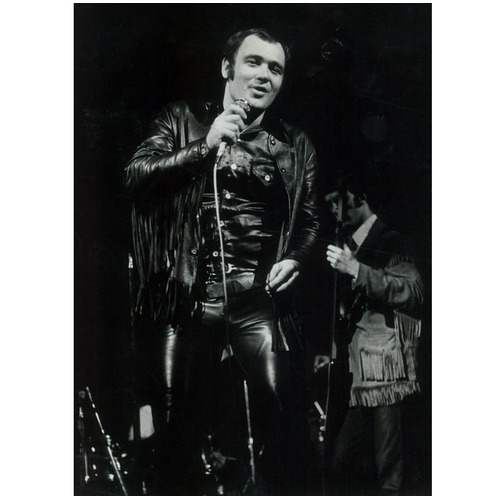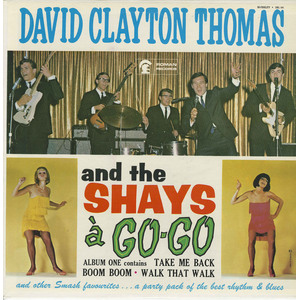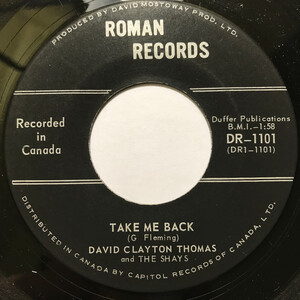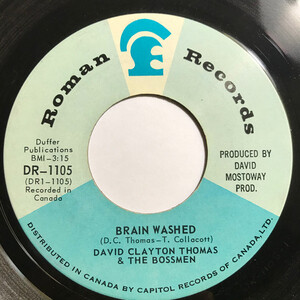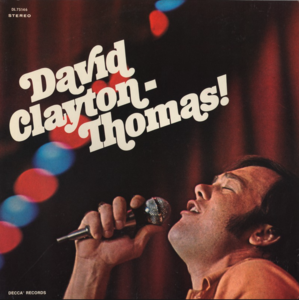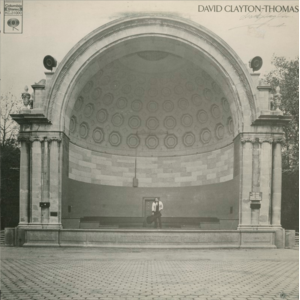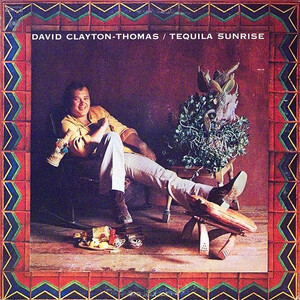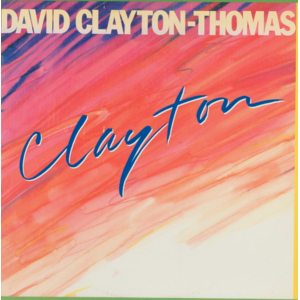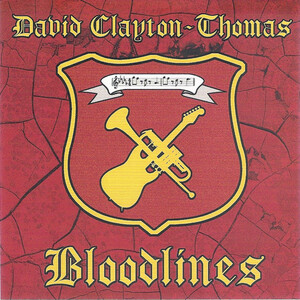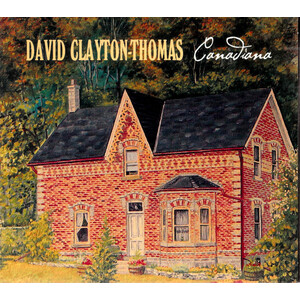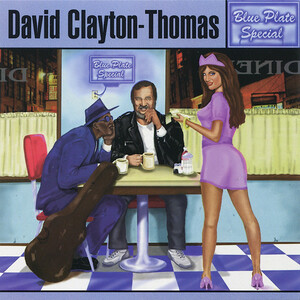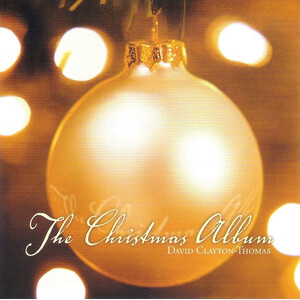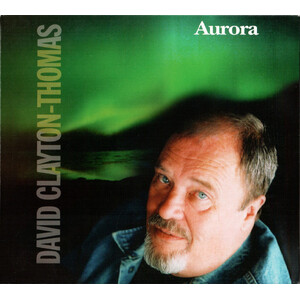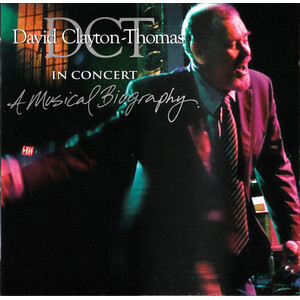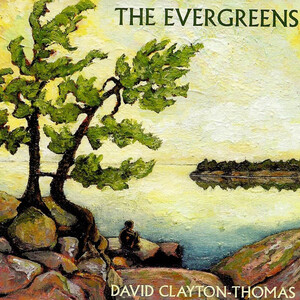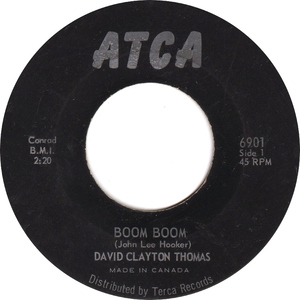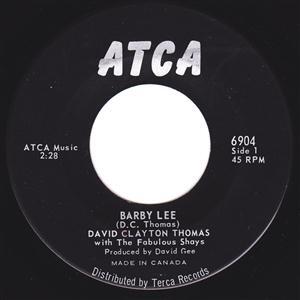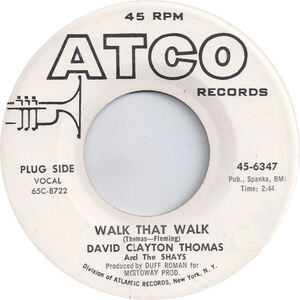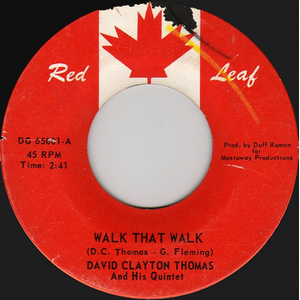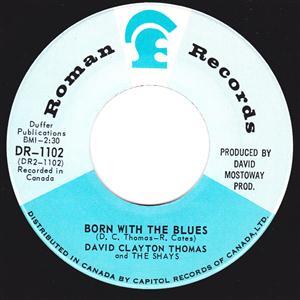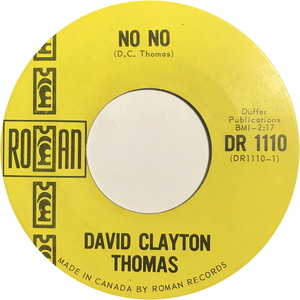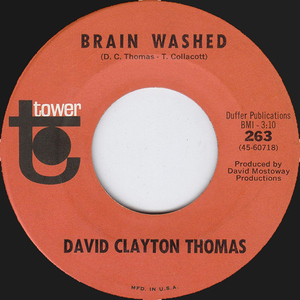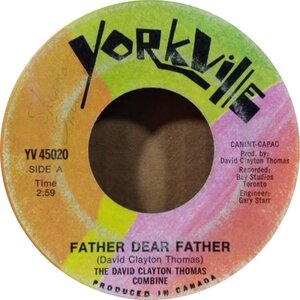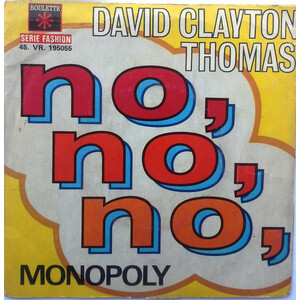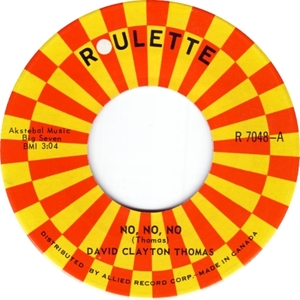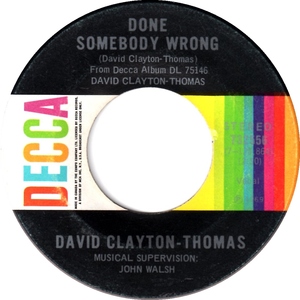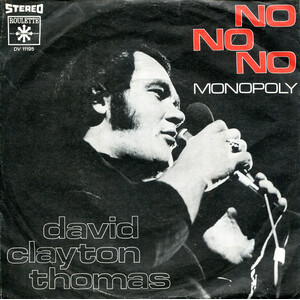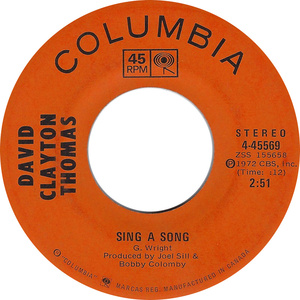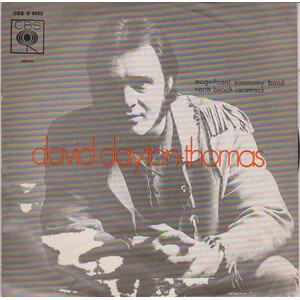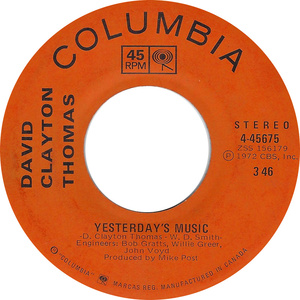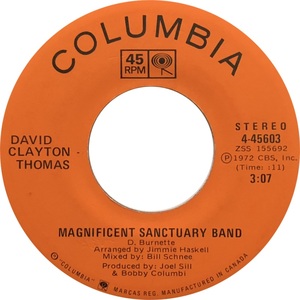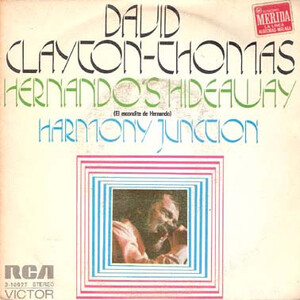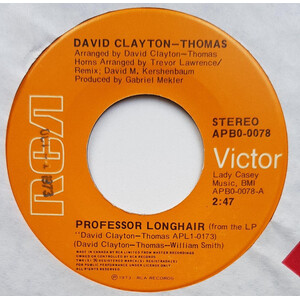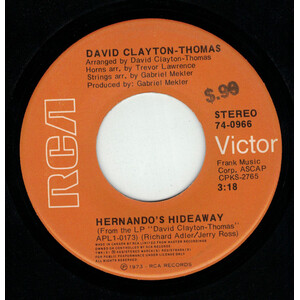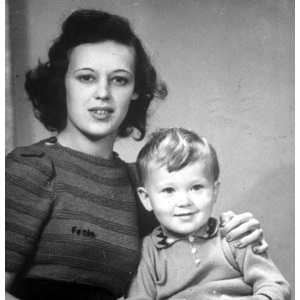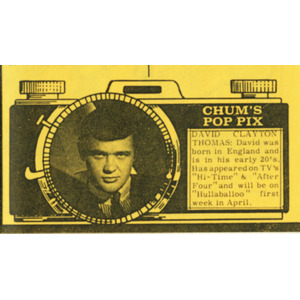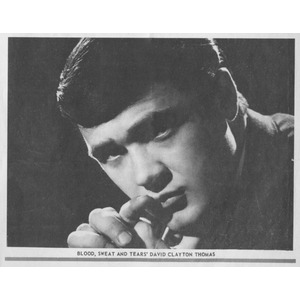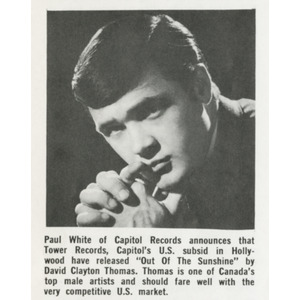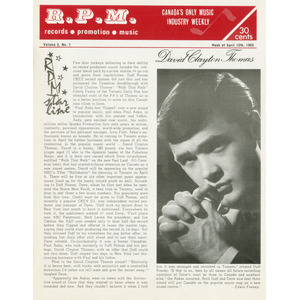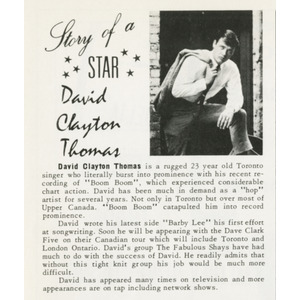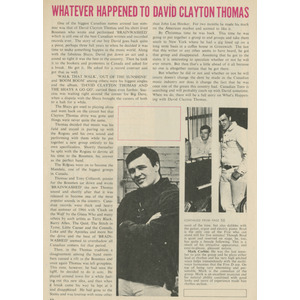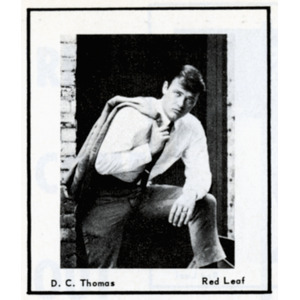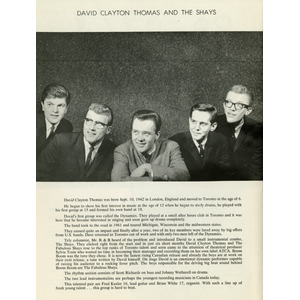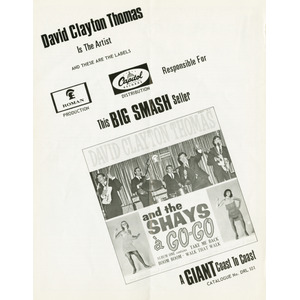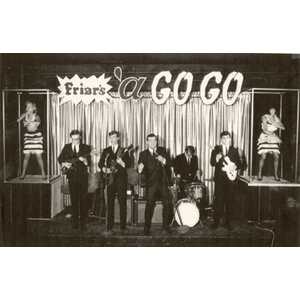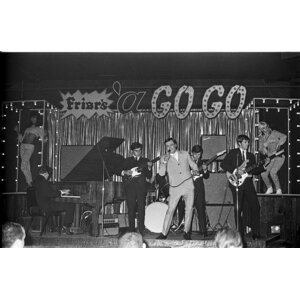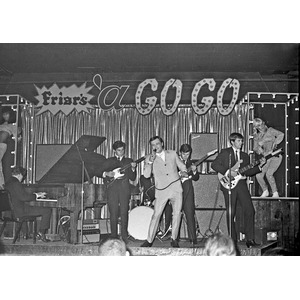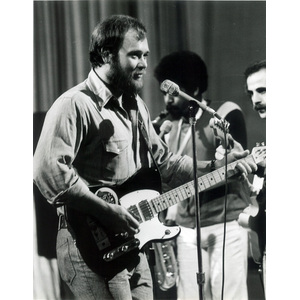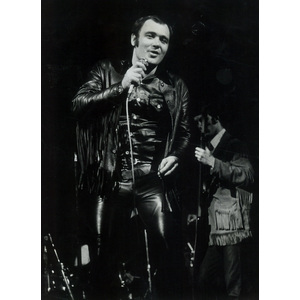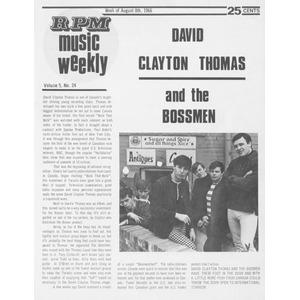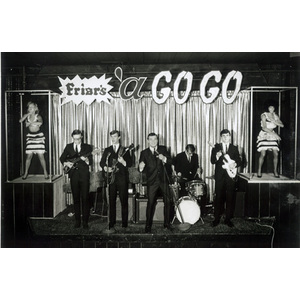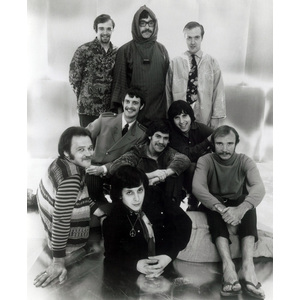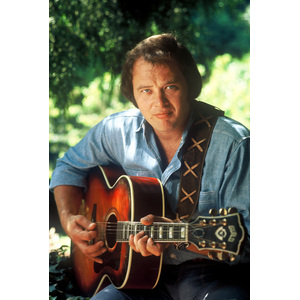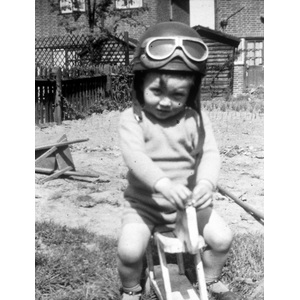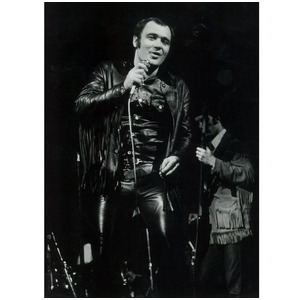Clayton-Thomas, David
Websites:
https://www.thecanadianencyclopedia.ca/en/article/david-clayton-thomas, http://www.davidclaytonthomas.com/
Origin:
Surrey, England, 🇬🇧 - Toronto, Ontario, 🇨🇦
Biography:
David Clayton-Thomas began his amazing journey as a homeless street kid and developed into one of the most recognizable voices in music, to date selling over 40 million records. In 1996 he was inducted into the Canadian Music Hall of Fame and in 2007 his jazz/rock composition “Spinning Wheel” was enshrined in the Songwriter’s Hall Of Fame. In 2010 David received his star on Canada’s Walk Of Fame.
His 1968 debut album with Blood Sweat & Tears sold 10 million copies worldwide. The self-titled record topped the Billboard album chart for seven weeks, and charted for a staggering 109 weeks. It won an unprecedented five Grammy awards, including Album Of The Year and Best Performance By A Male Vocalist. It featured three hit singles, “You Made Me So Very Happy” “And When I Die”,” and “Spinning Wheel” as well as an irresistible rendition of Billie Holiday’s “God Bless The Child” that became a signature song for David. A 1969 summary in the Los Angeles Times proclaimed that “Blood Sweat & Tears just may be the most important pop music group of the decade”.
He was born David Henry Thomsett in Surrey, England, on Sept, 13, 1941. His father Fred Thomsett, was a Canadian soldier, his mother Freda, a British music student. After the war, the family settled in Willowdale, a suburb of Toronto. From the beginning David and his father had a troubled relationship. By the time David was fourteen he left home, sleeping in parked cars and abandoned buildings, stealing food and clothing to survive. A tough, angry street kid with a hair-trigger temper, it wasn’t long before he ran afoul of the law and was arrested several times for vagrancy, petty theft and street brawls. He spent his teen years bouncing in and out of various jails and reformatories.
David inheirited a love for music from his mother and when a battered old guitar came into his possession, left behind by an outgoing inmate, he began to teach himself to play. Before long he was singing and playing at jailhouse concerts and for the first time in his life, he found acceptance. Now he had a dream and his life had direction… he put the reformatory years behind him and he never looked back.
When he was released in 1962, he gravitated to the Yonge Street “strip” in Toronto. “The “strip” was a bawdy six block long stretch of bars and strip joints populated by a rough crowd of hustlers and hookers, catering to a rowdy clientelle of steelworkers, truckers and miners, in town for the weekend, looking to blow off steam along with their pay cheques. Rhythm & Blues, migrating up from Detroit and Chicago was the music of choice on the strip and Arkansas rockabilly Rompin Ronnie Hawkins, with his band “The Hawks” reigned supreme. Hawkins recognized the formidable talent of the young singer and took him under his wing. It wasn’t long before he was fronting his own bands. The first was called “David Clayton-Thomas and The Fabulous Shays.” By this time David had changed his name to put some distance between his new life and his troubled teenage years.
In 1964 David and The Shays recorded a smoky, funky rendition of John Lee Hooker’s “Boom Boom.” It was only a regional hit but it had a vocal that stopped you in your tracks. This led to the Shays going to New York to appear on NBC-TV’s “Hullabaloo” at the invitation of its host, fellow Canadian Paul Anka. David fell in love with New York City. “We had three days there, and I spent every spare moment in Greenwich Village,” he recalls. “I saw the young Jimi Hendrix, Ritchie Havens, Carole King and James Taylor. “I went back to Toronto but life wasn’t ever the same.”
Abandoning the bars on the strip, David began performing on Yorkville Village’s bustling coffeehouse scene, His bar band soon drifted away, there was no money on Yorkville, but David hung in, playing solo, soaking up influences from the great bluesmen, John Lee Hooker, Sonny Terry and Brownie McGee, Joe Williams and Lonnie Johnson. He immersed himself in the local jazz & blues scene, attracted by the superb musicianship of Lenny Breau, Oscar Peterson and Moe Koffman, jazz players of dizzying technical prowess.
David made his mark more forcibly with his next band, The Bossmen… one of the first rock bands anywhere to incorporate jazz musicians. In 1966, he wrote the explosive anti-war song “Brainwashed” a jazz piano/rock guitar roar of fear and refusal, tougher than any rock recording you can name from the era. It rocketed to number one nationally and dominated the Canadian charts for an amazing sixteen straight weeks.
One night in 1966 after “sitting in” with blues singer John Lee Hooker in Yorkville, David left with him for New York. Hooker soon departed for Europe and David stayed on in New York City. “I survived by playing basket houses” performers were given a few minutes of stage time and then passed the basket.
Folk singer Judy Collins heard David one night at a club uptown and told her friend, drummer Bobby Colomby about him. Bobby’s band, Blood Sweat & Tears, torn apart by infighting, had broken up four months after releasing its debut Columbia album, “Child Is Father To The Man” and the band was being written off by everybody. Bobby invited David to help rebuild his shattered band. “We never heard anyone sing like that” Colomby recalls. They took the reformed group into the Café Au Go Go in the Village. Six weeks later, there were lines of people around the block, waiting to get into a club which only seated about 200 people.
In his 1974 autobiography, “Clive: Inside the Record Business”, Clive Davis, then president of Columbia Records, described his initial impression of hearing David Clayton-Thomas at the Café Au Go Go: “He was staggering… a powerfully built singer who exuded an enormous earthy confidence. He jumped right out at you. I went with a small group of people, and we were electrified. He seemed so genuine, so in command of the lyric… a perfect combination of fire and emotion to go with the band’s somewhat cerebral appeal. I knew he would be a strong, strong figure.”
With David largely dominating the creative output, BS&T continued with a string of hit albums, including “Blood Sweat & Tears 3” which featuring such highpoints as David’s “Lucretia MacEvil,” and Carole King’s “Hi-De-Ho,” and “BS&T 4” which yielded another Clayton-Thomas penned hit single, “Go Down Gamblin’.” Blood Sweat & Tears’ “Greatest Hits” album has to date chalked up over seven million copies in worldwide sales.
BS&T headlined at major venues around the world… Royal Albert Hall, The Metropolitan Opera, The Hollywood Bowl, Madison Square Garden and Caesar’s Palace, as well as the Newport Jazz Festival and Woodstock. It was the first contemporary band to break through the Iron Curtain with its historic 1970 tour of Eastern Europe.
In the early years David lived on the road, traveling all over Europe, Australia, Asia, South America, the US and Canada with BS&T. But the constant touring began to take it’s toll… David left the band in 1972, exhausted by life on the road. By the mid-70’s the founding members began to drift away to start families and pursue their own musical ambitions. One by one they were replaced by such notable jazz players as Joe Henderson, Jaco Pastorius and Mike Stern.
His departure left a gaping hole in the group, which fumbled through personnel changes. The fans simply would not accept a BS&T without David Clayton-Thomas.
“No matter how interesting we tried to make the music, audiences still wanted to hear David Clayton-Thomas” BS&T guitarist Steve Katz told Downbeat Magazine at the time.
After a three year hiatus he returned and the band came storming back to the concert stages of the world. Headlining international jazz festivals, concert halls and casino show rooms with David and a line-up of top-notch New York City session musicians. He was the only one left from the glory years, but it was David Clayton-Thomas that the fans came to see, and he continued to tour successfully under the BS&T name until 2004.
Today, living back in Toronto, his boyhood turf and the place where he still feels most at home, David has launched a 10 piece band under his own name.
Through the years, he has lost none of the attributes that have made him one of the greatest vocalists of his generation. That unmistakable voice now soaring and sunny, now a dark, somber shade of blue. He still just sings the hell out of a song.
“People like me don’t retire,” says David with his face in a wide grin around those storied, steel-blue eyes.”This is what I was put here to do”. With the BS&T years now behind him, look for an outpouring of new music from this gifted and fiercely creative artist.
-Larry LeBlanc
David Clayton-Thomas (born David Henry Thomsett), singer, songwriter, producer (born 13 September 1941 in Surrey, England). An aggressive yet sensitive singer with a robust, soulful voice, Juno and Grammy Award winner David Clayton Thomas was a pioneer on the Canadian music scene in the 1960s and maintained a long solo career, but is perhaps best-known as the lead singer of the American jazz-rock group Blood, Sweat & Tears. He has been inducted into the Canadian Music Hall of Fame, the Canadian Association of Broadcasters Hall of Fame and Canada’s Walk of Fame. His work has been recognized by the Grammy Hall of Fame and the Canadian Songwriters Hall of Fame.
Early Years
The son of a Canadian soldier and an English music student, Clayton-Thomas was born in England and moved with his family to the Toronto suburb of Willowdale when he was four. He received some musical education from his mother, but a troubled relationship with his abusive father led him to run away at age 15. He spent his teen years living on the street and in various reformatories — including the Guelph Reformatory and the Burwash Correctional Centre near Sudbury — doing time as a serial offender for vagrancy, petty theft and street fighting.
Singing in his cell earned him fans among his fellow inmates and, after teaching himself to play an abandoned guitar, he was soon performing jailhouse concerts. He was released in 1962 and began performing as Sonny Thomas (later David Clayton-Thomas) on Toronto’s Yonge Street strip, where he developed a reputation as a tough, brawling blues singer. John Lee Hooker became his idol and Ronnie Hawkins his mentor. The music of jazz greats Lenny Breau, Oscar Peterson and Moe Koffman was equally influential.
Early Bands
Clayton-Thomas’s first band, David Clayton-Thomas and The Fabulous Shays (later The Shays), was an R&B outfit that had hits in 1964 with “Out of the Sunshine” and “Walk That Walk,” a rendition of Hooker’s “Boom Boom.” They opened for the Rolling Stones at Maple Leaf Gardens and played the NBC-TV variety program “Hullabaloo” (1965) at the invitation of host Paul Anka.
After The Shays broke up, Thomas played solo in Toronto’s Yorkville coffeehouses and sat in with his hero, Hooker, at the Riverboat. He then joined the Bossmen, which featured the prodigious jazz pianist Tony Collacott. The Bossmen was one of the first rock bands to incorporate jazz elements, and had a Top 20 Canadian hit in the summer of 1966 with the fiercely political, anti-Vietnam War song “Brainwashed.”
After the Bossmen broke up, he formed the David Clayton-Thomas Combine with former Bossmen guitarist Jack Mowbray. They released two singles through Arc Records, one of which had the original version of Clayton-Thomas’s “Spinning Wheel” as a B-side. He was then invited to New York by Hooker, and spent two years playing clubs in Greenwich Village before being deported for having a criminal record and working illegally in the US.
Blood, Sweat & Tears
In 1968, Blood, Sweat & Tears drummer Bobby Colomby, who had met Clayton-Thomas in New York through folk singer Judy Collins, asked Clayton-Thomas to be the band’s new lead singer. The group’s first album with Thomas, Blood, Sweat & Tears (1968), earned wide critical acclaim and sold one million copies in the US within three months of its release. The singles “You’ve Made Me So Very Happy,” “And When I Die” and “Spinning Wheel” all hit No. 2 on the Billboard Hot 100 chart. The band headlined Woodstock; and the album, which won three Grammy Awards including Album of the Year (beating out the Beatles’ Abbey Road), spent 109 weeks on the Billboard top album chart (including 13 weeks at No. 1) and sold more than 10 million copies worldwide.
In 1970, Blood, Sweat & Tears became the first rock band to break through the Iron Curtain and perform in Eastern Europe, which they did at the request of the US State Department in exchange for a permanent residency visa for Clayton-Thomas. They also toured throughout North America, played regular stints in Las Vegas and contributed music to the soundtrack of the Barbara Streisand movie The Owl and the Pussycat (1970). These activities, however, hurt the band’s image within the counterculture that had initially supported it.
The cover-song heavy Blood, Sweat & Tears 3 was released in late 1970. Though not as well received as its predecessor, it topped the Billboard album chart and was certified gold in the US on the strength of the Top 40 US singles “Hi-De-Ho” and Clayton-Thomas’s “Lucretia MacEvil.” Blood, Sweat & Tears 4 (1971) also went gold and broke the Top 10 of the Billboard album chart, but marked the beginning of the band’s commercial decline.
1970s Solo Work
Frustrated with the band’s infighting and grueling touring schedule, Clayton-Thomas left Blood, Sweat and Tears in early 1972 to work as a solo artist. He released the tepidly received albums David Clayton-Thomas (1972), Tequila Sunrise (1973) and Harmony Junction (1974), and worked regularly in Las Vegas. In 1973, he received a special Juno Award for Outstanding Contribution to the Canadian Music Scene.
Return to Blood, Sweat & Tears
He returned to Blood, Sweat & Tears in 1974 and assumed leadership in 1976, shepherding the band through many changes in membership. Following the dissolution of the band after the death of saxophonist Gregory Herbert in 1979, Clayton-Thomas assembled an entirely new lineup consisting of Canadian musicians, including bassist David Piltch, keyboardist Joe Sealy and trumpeter Bruce Cassidy, and released the more funk-oriented Nuclear Blues (1980). He secured legal rights to the name Blood, Sweat & Tears in 1984, and toured with an ever-evolving roster of players until 2004.
Solo Work: 1990s–2000s
In addition to his 1970s solo albums, Clayton-Thomas has released Blue Plate Special (1997), The Christmas Album (2001), Aurora (2005), In Concert: A Musical Biography (2005) — recorded live at the Opera House in Toronto, The Evergreens (2007), Spectrum (2009), Soul Ballads (2010) and A Blues for the New World (2013).
In recent years, Clayton-Thomas has become an advocate for prisoner’s rights. In 2010 he survived a serious heart attack, played Massey Hall with the Toronto Symphony Orchestra and contributed a track to the World Jazz for Haiti charity album in support of the Red Cross earthquake relief fund, which also featured Jane Bunnett, John McDermott, Holly Cole and the Shuffle Demons. That year also saw the publication of his autobiography, Blood, Sweat and Tears.
-Peter Goddard, Jeff Bateman and Andrew Mcintosh
Awards
Album of the Year (Blood, Sweat and Tears), Grammy Awards (1970)
Outstanding Contribution to the Canadian Music Scene, Juno Awards (1973)
Inductee, Canadian Music Hall of Fame (1996)
Hall of Fame Award (Blood, Sweat & Tears), Grammy Awards (2002)
Inductee, Canadian Songwriters Hall of Fame (2007)
Inductee, Canadian Association of Broadcasters Hall of Fame (2008)
Inductee, Canada’s Walk of Fame (2010)
